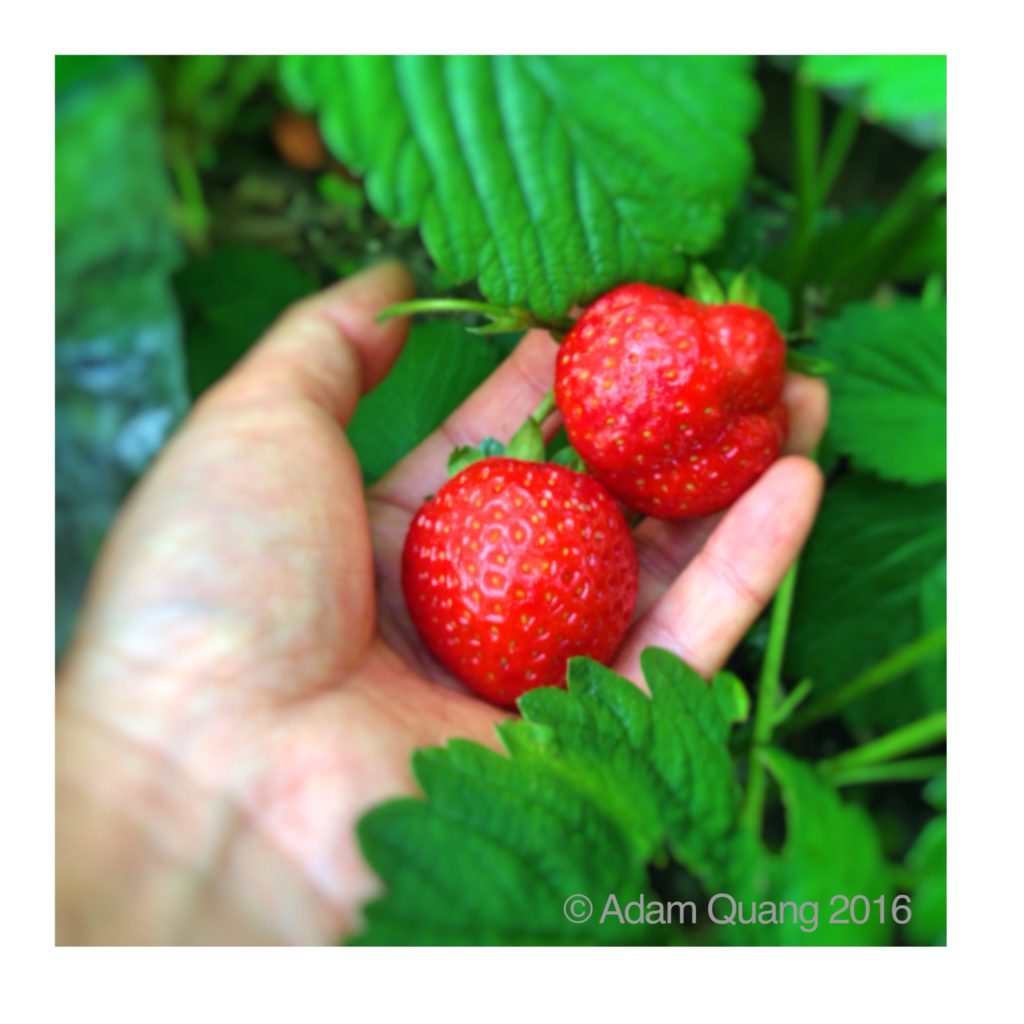- Adam Quang is available for corporate / private wellness program (onsite / offsite)
- Follow @AdamQuang on [ ]
- Home l Press Coverage l Research l Wellness l Testimonial
Research found touching soil and gardening can help boot your happy mood, development of our immune and nervous system. / Bristol University
” Bad is good
BACTERIA cause disease. The idea that they might also prevent disease is counterintuitive. Yet that is the hypothesis Chris Lowry, of Bristol University, and his colleagues are putting forward in Neuroscience. They think a particular sort of bacterium might alleviate clinical depression.
The chance observation that Dr Lowry followed up to arrive at this conclusion was made by Mary O’Brien, an oncologist at the Royal Marsden Hospital in London. Dr O’Brien was trying out an experimental treatment for lung cancer that involved inoculating patients with Mycobacterium vaccae. This is a harmless relative of the bugs that cause tuberculosis and leprosy that had, in this case, been rendered even more harmless by killing it. When Dr O’Brien gave the inoculation, she observed not only fewer symptoms of the cancer, but also an improvement in her patients’ emotional health, vitality and general cognitive function.
To find out what was going on, Dr Lowry turned to mice. His hypothesis was that the immune response to M. vaccae induces the brain to produce serotonin. This molecule is a neurotransmitter (a chemical messenger between nerve cells) and one symptom of depression is low levels of it.
Dr Lowry and his team injected their mice with M. vaccae and examined them to find out what was going on. First, they looked for a rise in the level of cytokines, which are molecules produced by the immune system that trigger responses in the brain. As expected, cytokine levels rose. They then looked directly in their animals’ brains for the effect of those cytokines.
Cytokines actually act on sensory nerves that run to the brain from organs such as the heart and the lungs. That action stimulates a brain structure called the dorsal raphe nucleus. It was this nucleus that Dr Lowry focused on. He found a group of cells within it that connect directly to the limbic system, the brain’s emotion-generating area. These cells release serotonin into the limbic system in response to sensory-nerve stimulation.
The consequence of that release is stress-free mice. Dr Lowry was able to measure their stress by dropping them into a tiny swimming pool. Previous research has shown that unstressed mice enjoy swimming, while stressed ones do not. His mice swam around enthusiastically.
This result is intriguing for two reasons. First, it offers the possibility of treating clinical depression with what is, in effect, a vaccination. Indeed, M. vaccae is considered a bit of a wonder-bug in this context. Besides cancer, and now depression, it is being looked at as a way of treating Crohn’s disease (an inflammation of the gut) and rheumatoid arthritis.
Second, it opens a new line of inquiry into why depression is becoming more common. Two other conditions that have increased in frequency recently are asthma and allergies, both of which are caused by the immune system attacking cells of the body it is supposed to protect. One explanation for the rise of these two conditions is the hygiene hypothesis. This suggests a lack of childhood exposure to harmless bugs is leading to improperly primed immune systems, which then go on to look for trouble where none exists.
In the case of depression, a similar explanation may pertain. If an ultra-hygienic environment is not stimulating the interaction between immune system and brain, some people may react badly to the consequent lack of serotonin. No one suggests this is the whole explanation for depression, but it may turn out to be part of it.
via www.economist.com ”
Ref: Science finds Soil can Help Depression / upliftconnect.com
